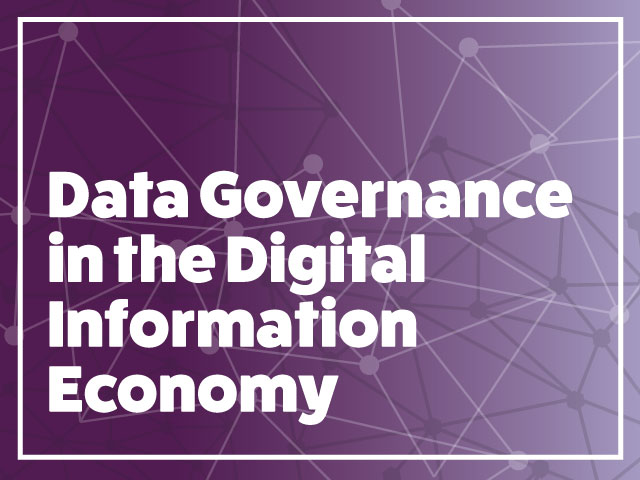| Código | CRN | Ingreso a banner (estudiantes de pregrado y posgrado) | Modalidad | Créditos |
|---|---|---|---|---|
| MDER-5021 | 10088 | May 31 and june 1, 2021 | Virtual | 4 |
The so-called Forth Industrial Revolution has an important urban component. Typical city-services and activities like transportation, housing, the hospitality industry, security and even match-making are increasingly provided and facilitated by digital and data-driven models of intermediation (‘platforms’). Platforms are essentially services that operate through a digital interface (an app or website) and that tap on wide-spread internet and smartphones and the collection of locational and other types of information (like ‘preferences’) helping ‘users’ match or find goods or services that they are looking for at a hyper-efficient rate. The platform economy is related to the urban phenomenon because the urban environment and the information and knowledge spillovers typical of cities facilitate the type of “matching” that technological platforms enable. At the center of this urban landscape increasingly intertwined by digital technologies are “data” – the information users and citizens produced with these technologies. Data drive much digitally enabled economic activity they are key enablers of the digitally enabled business models. The information platforms have and gather about the city – broadly understood not only as a space, but an agglomeration of social and economic interactions between people, businesses, municipal government actors and the cities’ infrastructure – is unprecedented. These data shows how and when people move, which streets and shortcuts they use, when usage of public utilities or services peak, etc. As several actors are calling for enhanced oversight on the technology sector, enhanced access to data is often part of that wider call. A key problem is, indeed, that there is an important information asymmetry between these companies and regulators, civil society, their users and researchers. Consequently, enhanced access and release of data is supposed to encourage innovation and create economic opportunities, and may be even important to curve some of the monopoly trends that are increasingly visible in the digital information economy as competitors rely on data to train their algorithms. Platforms, however, seek not to share the data they collect because data gathering and analytics is an important part of their business strategy. Consequently, who has access and why to the data produced in cities by citizens, local governments and companies is important to determine, at least preliminary, who gets to use that information and leverage it for their own - or their constituents’ - benefits. The flip side of the coin is, however, that that vast data collection creates privacy and corporate surveillance risks, and sharing it widely may worsen them. This course will focus on the city and urbanization context as a means to address broader questions about the role of law in the digital information economy. We will touch upon questions regarding the role of law in data governance, protecting privacy, ensuring algorithmic transparency and fair AI, guarantying competition and fostering innovation in the digital information economy. Importantly, the course will focus on how these questions interact against the backdrop of a larger institutional, economic and political backstage in the global north of rising and the erosion of a middle class, corporate power is increasingly concentrated, specially so in the digital services industry. In the global south the background may be different: in societies long characterized by stark inequality, where not everyone has access to quality internet, a new and fragile middle class in the middle of a once-in-a century recession is eager and struggling for better opportunities to participate in economic and political life. Consequently, an underlying objective of the course will be to inquire how the literature of the global north reflects, and fails to reflect, the reality of the digital information economy in large cities of the Global South, like Bogota.

